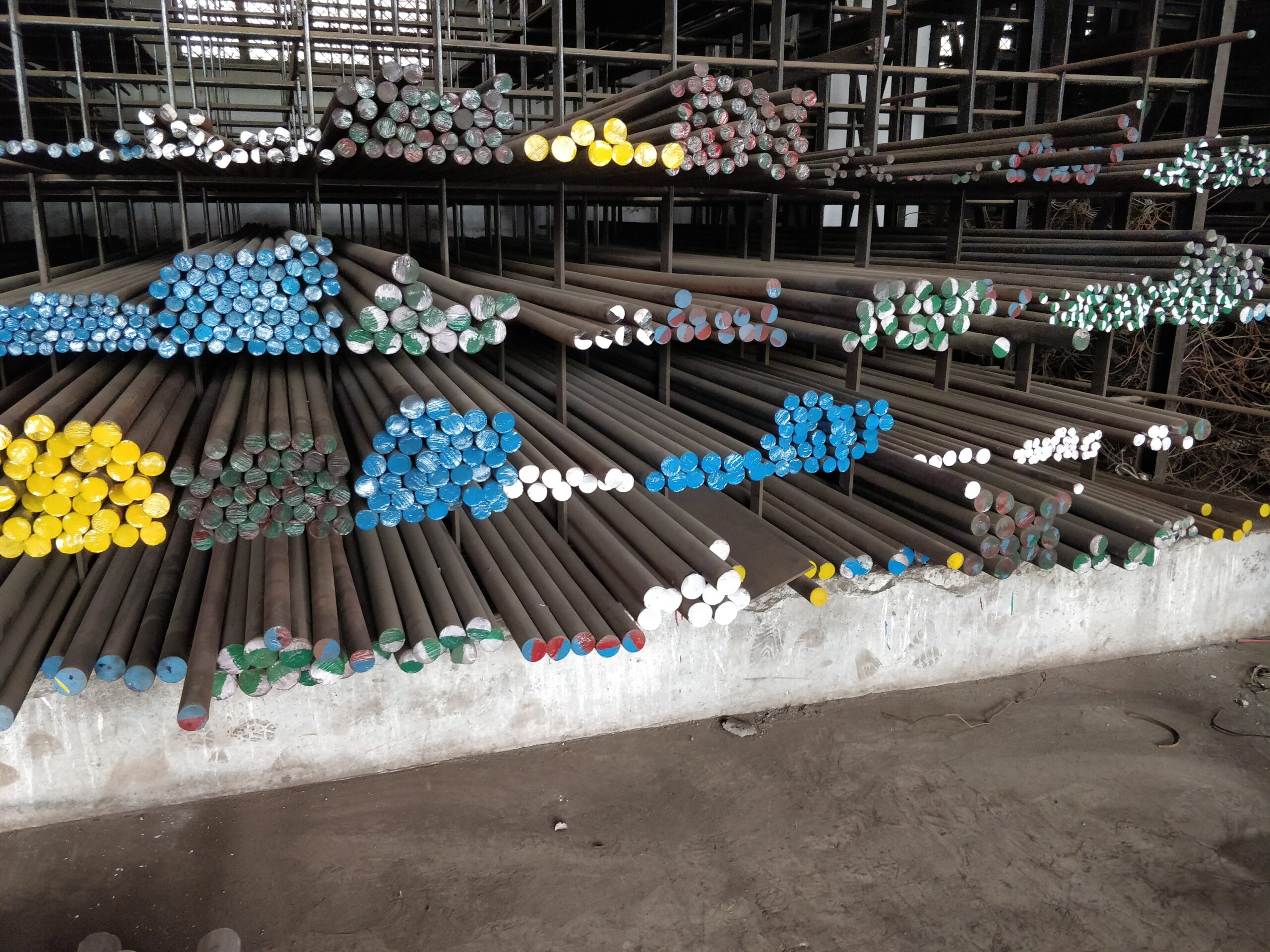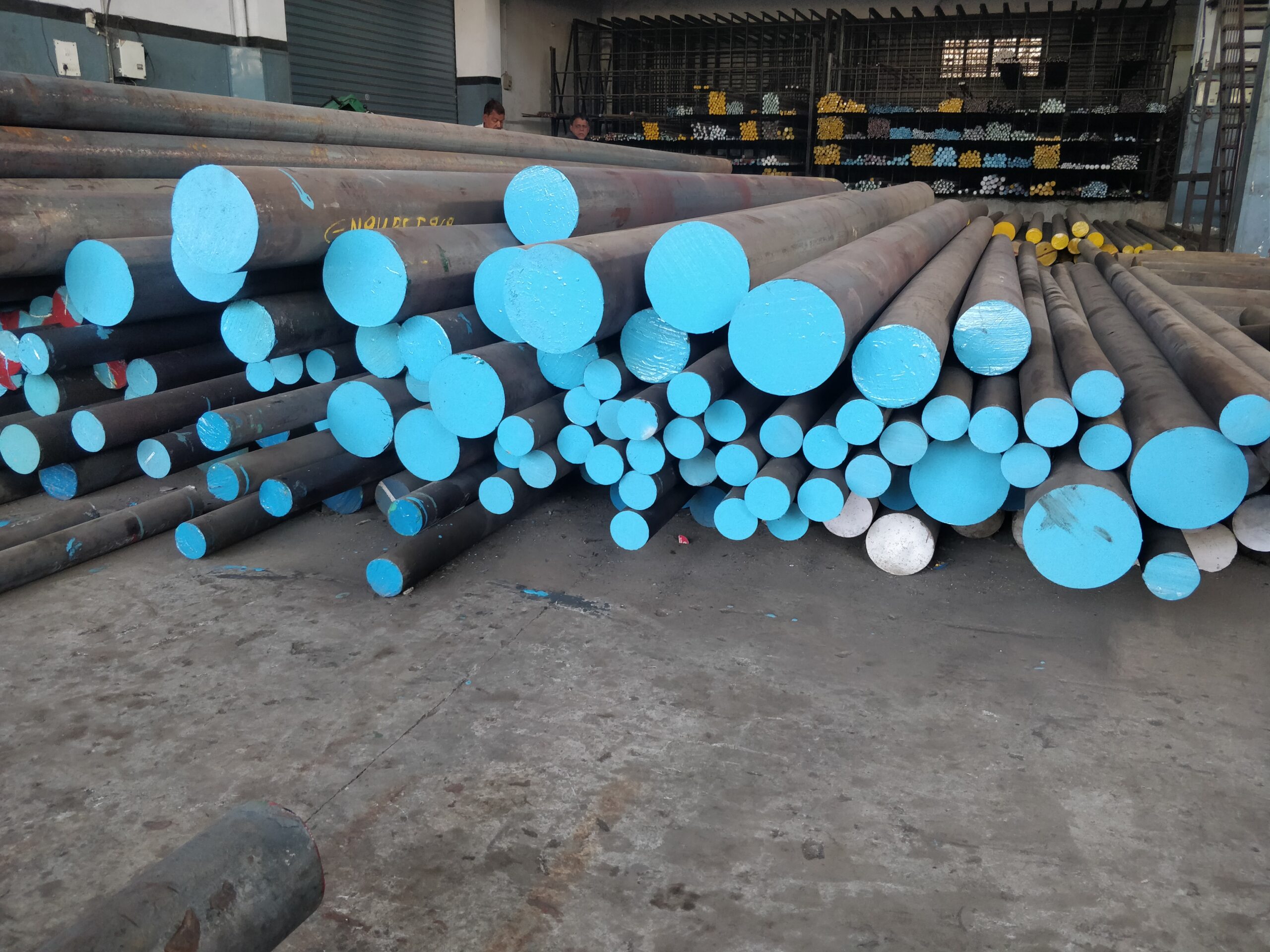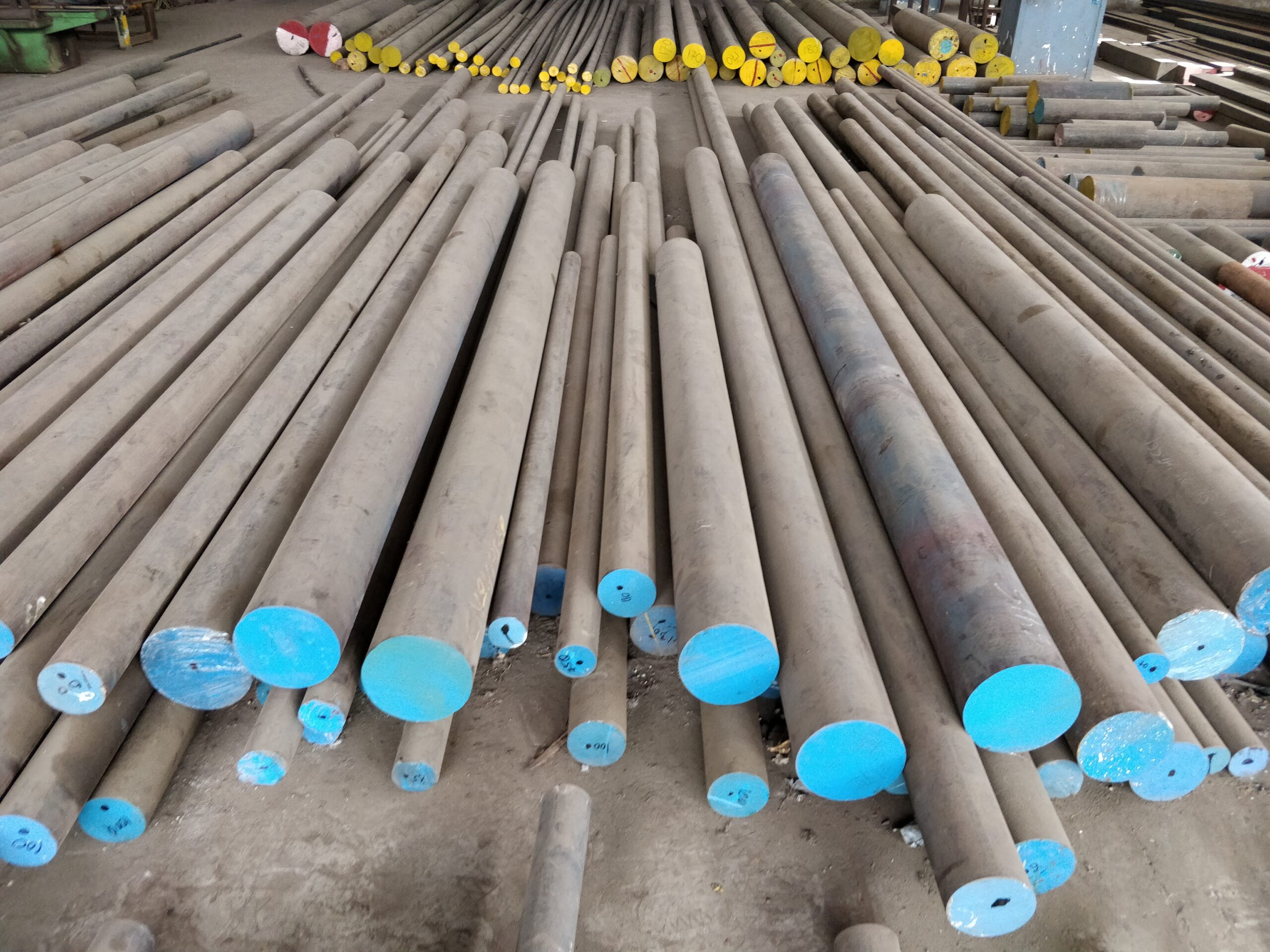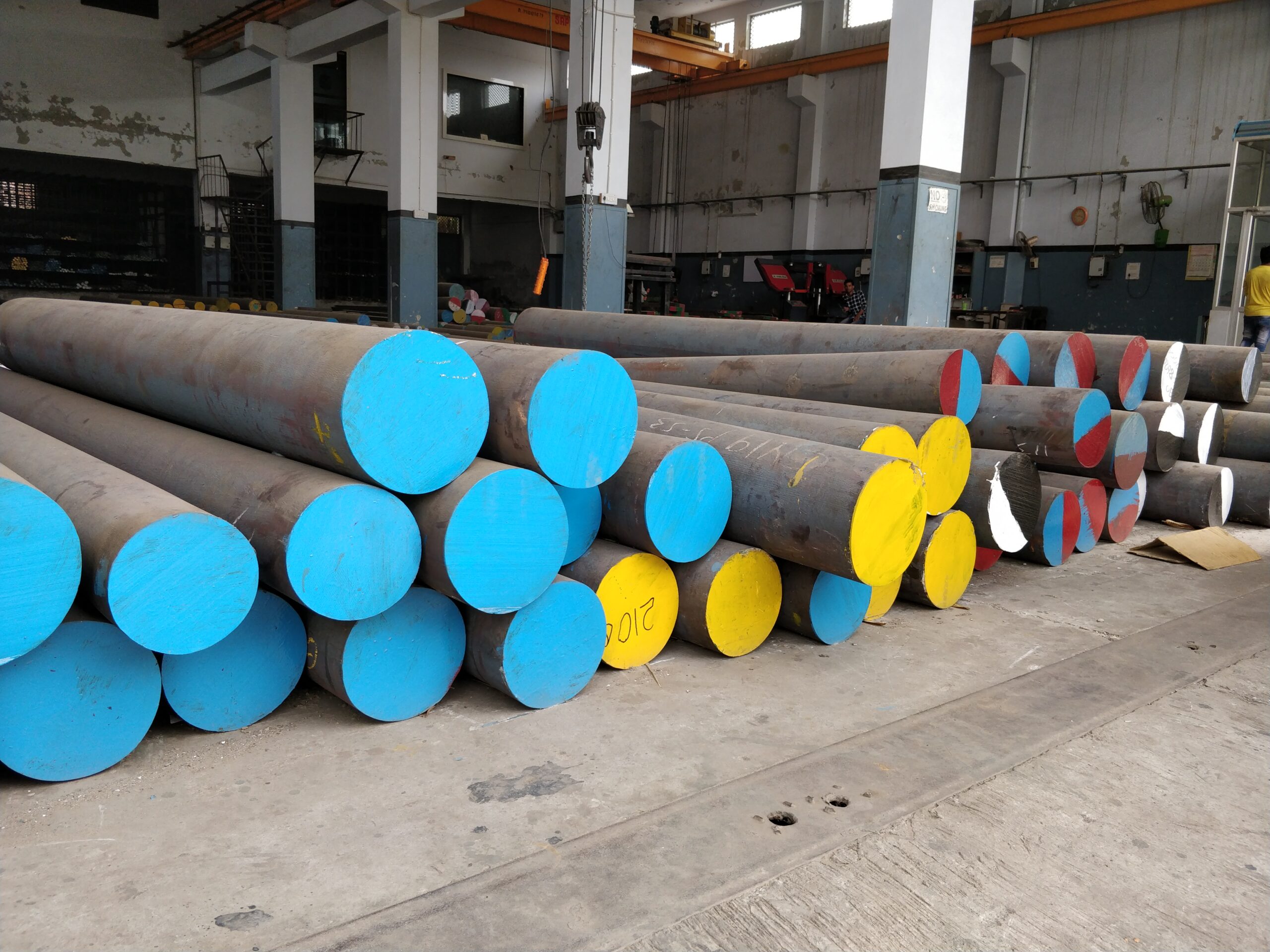EN24 Steel-4340 | 1.6511 | 36CrNiMo4 | 40CrNiMo | EN 10083 | ALLOY STEEL
EN 24 is a nickel chromium molybdenum specification usually supplied hardened and tempered as EN24T. EN24 steel is readily machineable and combines a good high tensile steel strength with shock resistance, ductility and wear resistance. It is a widely used engineering steel with a tensile strength of 850/1000 N/mm². It has reasonably good impact properties at low temperatures, whilst it is also suitable for a variety of elevated temperature applications. Flame or induction hardening of EN24 can give a case hardness of 50 HRc or higher.
Applications
EN24 was originally introduced for use in the motor vehicle and machine tool industries for gears, pinions, shafts, spindles and the like. Later its applications became much more extended. Suitable to produce parts for such as locomotives, cranes, rolling mills, coal cutting machinery etc. where good strength and fatigue resistance is called for. Other applications for EN24 and EN24T are found in die casting and hot metal working, such as die bolsters, racks and pinions, angle pins for pressure die casting, hot stamping dies for aluminium stamping, die beds for steel stamping, lower temperature nut, bolt and rivet heading dies, large section drop forging dies. It is widely used in the plastic and rubber moulding industries for moulds (particularly rubber moulds), hob retaining rings, patens, retaining rings for built up moulds, stop pins for moulds. For moulds EN24 is normally supplies hardened and tempered to ‘T’ condition. If a higher hardness is desired EN24T should be annealed and then heat treated to the required hardness.Forging
Preheat carefully, then raise temperature to 1000-1100°C for forging. Do not forge the steel below 850-1100°C. After forging cool slowly preferably in a furnace.
Annealing
Heat slowly to 840-860°C, soak well and allow to cool with the furnace to 580°C, before withdrawing.
Stress Relieving
When parts are heavily machined, ground or otherwise subject to cold work, stress relieving will be beneficial prior to hardening. Heat carefully to 650-670°C, soak well before cooling in the furnace or in the air.
Hardening
EN24 is supplied ready heat treated. If further heat treatment is required annealed EN24 should be heated slowly to 830-850°C and after adequate soaking at this temperature quench in oil. Temper as soon as tools reach room temperature. Hardening from a neutral salt bath, will reduce the possibility of scaling or decarburisation. Heat to 830-850°C and after equalisation quench in oil.
Tempering
Heat carefully to a suitable temperature selected by reference to the tempering chart or table, soak at the temperature for 2 hours per 25mm of ruling section, then all to cool in the air. Tempering between 250-375°C is not advised as tempering within this range will seriously reduce the impact value. The tempering temperature is dependent on the required mechanical properties, the steel can achieve EN24U, EN24V, EN24W, EN24Y & EN24Z.
Heat Treatment
Heat treatment temperatures, including rate of heating, cooling and soaking times will vary due to factors such as the shape and size of each steel component. Other considerations during the heat treatment process include the type of furnace, quenching medium and work piece transfer facilities. Please consult your heat treatment provider for full guidance on heat treatment of alloy steel.




